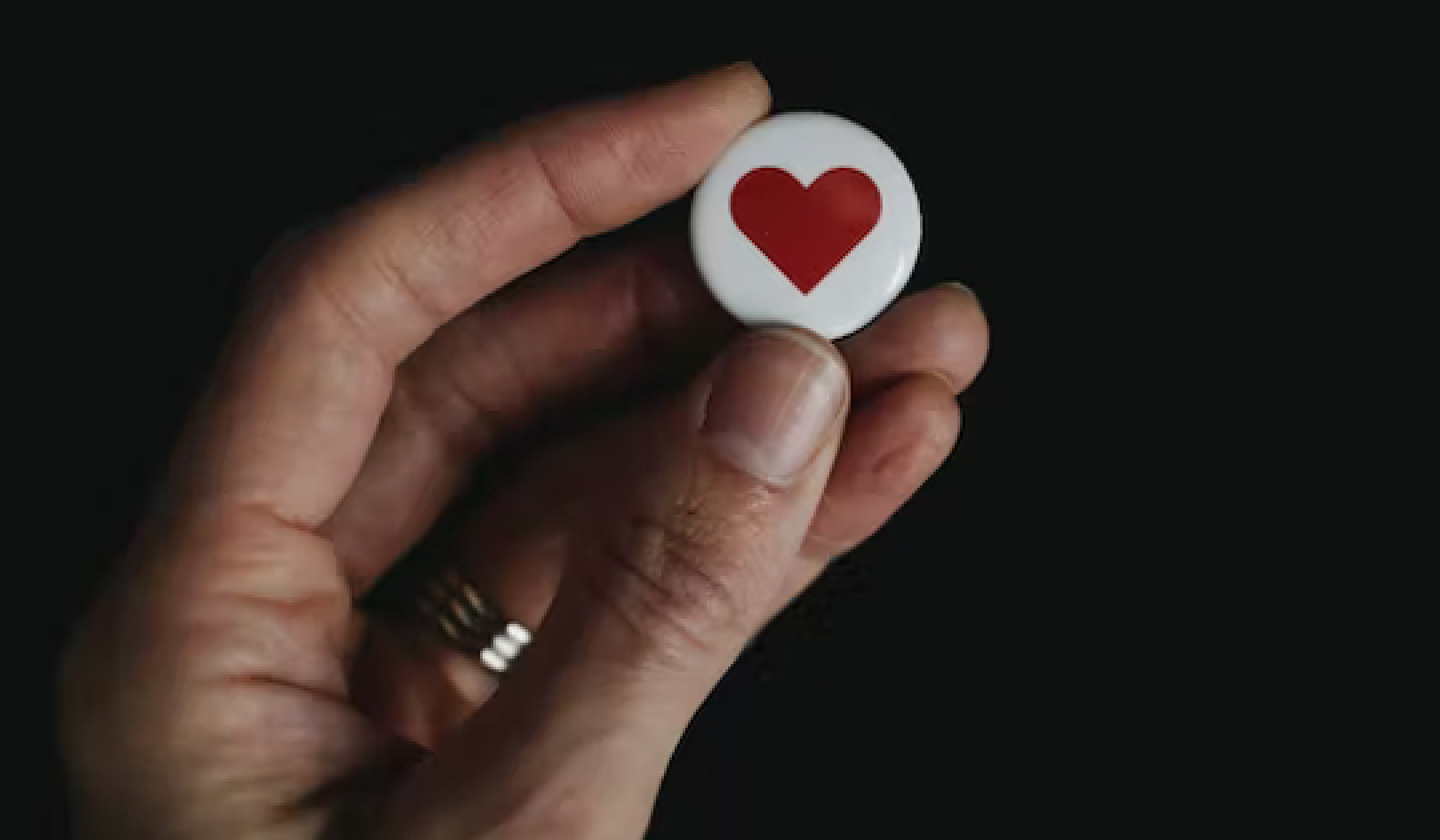A while back, in the spirit of wanting things to be "better", I rearranged the furniture in the office. The changes were a little unconventional, yet practical, at least to my point of view. I loved the new arrangement although — according to interior design rules — it may have been classed as "different" if not outright "weird". Yet, the layout was more efficient and would lead to a better functioning of the office.
Yet I was surprised when the change was greeted with what I felt was disapproval. "The others" didn't like it. They didn't react the way I had wished with an enthusiastic "Oh! this is wonderful!" The changes were greeted with "What is THIS?!" comments. Now that in itself is not a problem, after all everyone has different tastes and sees things from their own point of view. And of course, people often have a resistance to change, especially when the change is thrust upon them without giving them a chance to make a choice. So, the reactions of my co-workers was not surprising, and could have been expected if I had given it some thought beforehand. So their reaction was not really a problem.
The "problem" was my reaction. I found myself feeling hurt and disappointed at their reaction. Somewhat like a child who had prepared a gift or surprise, only to have it looked upon as unworthy. I felt that not only had my redecoration not passed the "test", but that I personally had been judged and rejected. I felt like the "masterpiece" I had created had been scoffed at and ridiculed.
Of course this was not the case, but the "insecure child" inside me felt that it was. I found myself feeling upset and "un"-something... a mixture of unaccepted, unloved, unworthy, unwanted, etc. Basically, I found that because my action was not accepted, I felt that I was not accepted. Because my action was not greeted enthusiastically and loved immediately, I felt that I was also unloved. I experienced feeling unloved though it was simply my action that was unloved.
I have seen this behavior before... both in myself and in those around me. And I'm sure you're familiar with the feeling yourself. If you do something that I do not love, does this mean I do not love you? Of course not. It simply means that I do not love your action. A good example is a mother and child. If the child spills something or breaks something... the mother may not love the action, but she still loves the child (even though she may feel angry at the moment).
In the same way, if I don't particularly care for the clothes you wear, it simply means that I don't care for the clothes, it does not reflect on my feelings towards you as a person. Or if you do something I don't care for, it is the action I don't care for... It does not affect my true feelings for you.
Where do these feelings of insecurity come from? Why do we react and take these things personally? What is really going on? Once again it means taking a look at our level of self-love, self-acceptance, and self-esteem. If we are looking to others to fulfill those "needs", we feel disappointed when they do not sanction our behavior. Their non-acceptance of our behavior translates to our "needy" child as non-acceptance of our Self.
Because we are seeking approval and self-esteem through others' eyes, when they do not approve of us, then our own level of self-esteem and self-approval falls. Because we are not firmly entrenched in our own self-love, a scowl or frown from someone we look up to, tears a hole in the veil of our self-esteem.
What's the remedy? The metaphysical prescription is to repeat a million times (or as long as it takes for it to sink in), "I am worthy. I am loved. I accept and love myself just the way I am." This simple statement can be repeated over and over anytime, anywhere. A good place (and a challenging one) is in front of the mirror. A good time is anytime that you sense feelings of self-doubt and low self-esteem kicking in. A good reason is because you deserve to be loved, and the first person you deserve it from is yourself... If not you, then who? If not now, then when?
Once we truly love ourselves, we won't interpret the actions and words of those around us as validation, or lack of validation, of ourselves. We will be secure in our own self-worth and our self-esteem will not be at the mercy of others' opinion.
So, the next time someone doesn't like the way you do something, you need not interpret that as a judgment of your "worthiness". You are a child of God, "created unto the image of the Father" and no action or thought can change that. As a child of the Universe, "you have a right to be here" regardless of anyone's opinion or judgment of you or your actions.
The American Bill of Rights states that we have the right to the pursuit of happiness. Well, whether American or not, the "pursuit" of happiness is not what we really have the right to. We have the right to happiness itself, not just to the pursuit of it. And happiness is found inside our self when we accept ourselves the way we are, with our qualities as well as our "failings"...
Happiness, it has been said, is an "inside job". No one can "make you happy" just as no one can "make you" angry, sad, etc. These are choices we make, each day, each moment of our day, with each thought we have (or don't have). When we let the words and attitudes of others decide how we feel about ourselves, we are giving up our power to be happy... we have given that power over to someone else.
We have the right to be happy, and we have the right to choose happiness, self-esteem, self-worth, etc. each and every moment of our lives, with every breath we take. Enjoy! In joy!
Recommended book:
Happiness Is an Inside Job: Practicing for a Joyful Life
by Sylvia Boorstein Ph.D.
How can we stay engaged with life day after day? How can we continue to love – keep our minds in a happy mood – when life is complex and often challenging? These are questions that Sylvia Boorstein addresses in Happiness Is an Inside Job. In more than three decades of practice and teaching she has discovered that the secret to happiness lies in actively cultivating our connections with the world, with friends, family, colleagues – even those we may not know well. She shows us how mindfulness, concentration, and effort – three elements of the Buddhist path to wisdom – can lead us away from anger, anxiety, and confusion, and into calmness, clarity, and the joy of living in the present.
For more info or to order this book.
About The Author
 Marie T. Russell is the founder of InnerSelf Magazine (founded 1985). She also produced and hosted a weekly South Florida radio broadcast, Inner Power, from 1992-1995 which focused on themes such as self-esteem, personal growth, and well-being. Her articles focus on transformation and reconnecting with our own inner source of joy and creativity.
Marie T. Russell is the founder of InnerSelf Magazine (founded 1985). She also produced and hosted a weekly South Florida radio broadcast, Inner Power, from 1992-1995 which focused on themes such as self-esteem, personal growth, and well-being. Her articles focus on transformation and reconnecting with our own inner source of joy and creativity.
Creative Commons 3.0: This article is licensed under a Creative Commons Attribution-Share Alike 4.0 License. Attribute the author: Marie T. Russell, InnerSelf.com. Link back to the article: This article originally appeared on InnerSelf.com






























